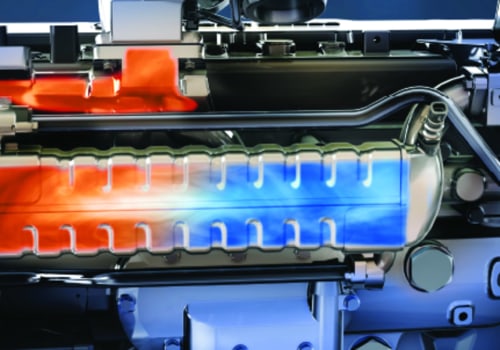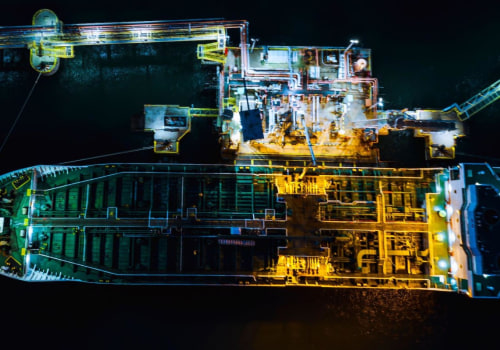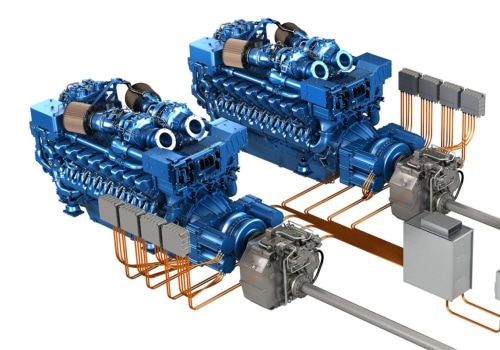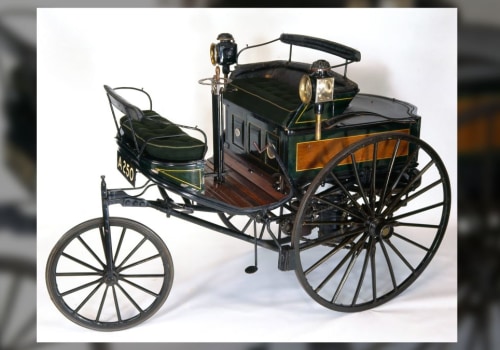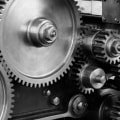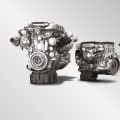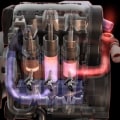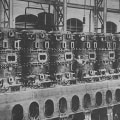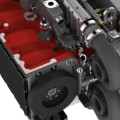Rudolf Diesel, the man behind the invention of the engine that bears his name, was born in Paris, France, in 1858. From a young age, he had an inquisitive mind and wrote a letter to his parents at the age of 14 to let them know that he wanted to be an engineer. After studying at several different schools, Diesel received a merit scholarship from the Royal Bavarian Polytechnic in Munich. In 1885, Diesel opened his first workshop in Paris to begin the development of a compression-ignition engine. The main fuel used in diesel engines is diesel fuel, which is derived from the refinement of crude oil.
Diesel was a defender of vegetable oil as a fuel, which put him at odds with the growing oil industry and led him to believe that he was killed by agents of large oil trusts. In 1950, Magokichi Yamaoka, the founder of Yanmar, the Japanese diesel engine manufacturer, visited West Germany and learned that there were no graves or monuments to Diesel. Knowing the history of diesel engines can help you understand what they do and how they work. Given their rich history and the fact that they are still widely used today, those interested in working on diesel engines have a variety of careers they can pursue.
In 1913, Diesel boarded a ship bound for a meeting with the Consolidated Diesel Manufacturing Company in London. At that time, the Diesel family was struggling financially, so young Rudolf Diesel had to work in his father's workshop and deliver leather goods to customers with a wheelbarrow. On the night of September 29, 1913, Diesel boarded the steamboat GER SS Dresden in Antwerp on his way to a meeting of the company Consolidated Diesel Manufacturing in London. Diesel was born at 38 Rue Notre Dame de Nazareth in Paris, France, in 1858, the second of three children born to Elise (née Strobel) and Theodor Diesel. Although he is considered the “inventor of the diesel engine”, a look at history shows that Diesel received criticism from multiple sources about whether he had created anything new.

